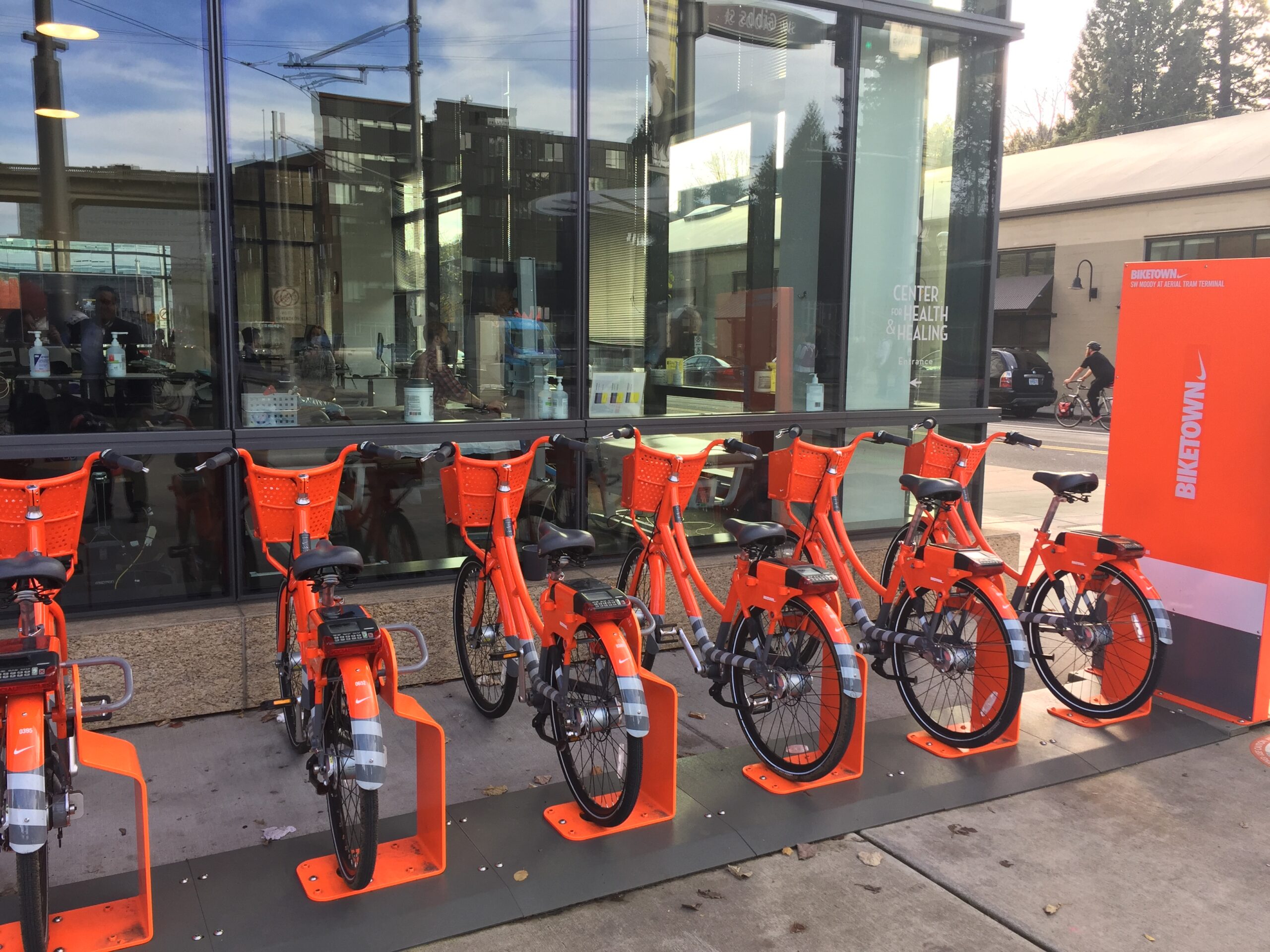Paper Abstract
This study explores how shared micromobility services can integrate with public transit through equitable payment structures to address first and last mile issues for light rail transit riders in Seattle, WA, and increase accessibility for low-income households. Seattle has recently permitted shared micromobility services such as e-scooter companies to begin operating alongside existing bikesharing services in the city. However, equity concerns have arisen as the users of bikeshare have been disproportionately white, affluent, and well-educated. To address these concerns, efforts have been made to reduce barriers to access and make these services more equitable to encourage their use among marginalized populations. Previous research has demonstrated evidence that these services can improve accessibility for disadvantaged populations such as low-income people of color. This research consists primarily of a literature review of relevant academic and gray literature, and a jurisdictional scan of cities in the U.S., Canada, Finland, and China. The objective of this research is to identify barriers to accessing shared micromobility services and synthesize existing best practices to propose solutions to make these services more equitable. Findings from this research then inform a set of recommendations for equitable payment integration in King County, which can also be generalized to other municipalities that are striving for equitable public transit and shared micromobility integration.




